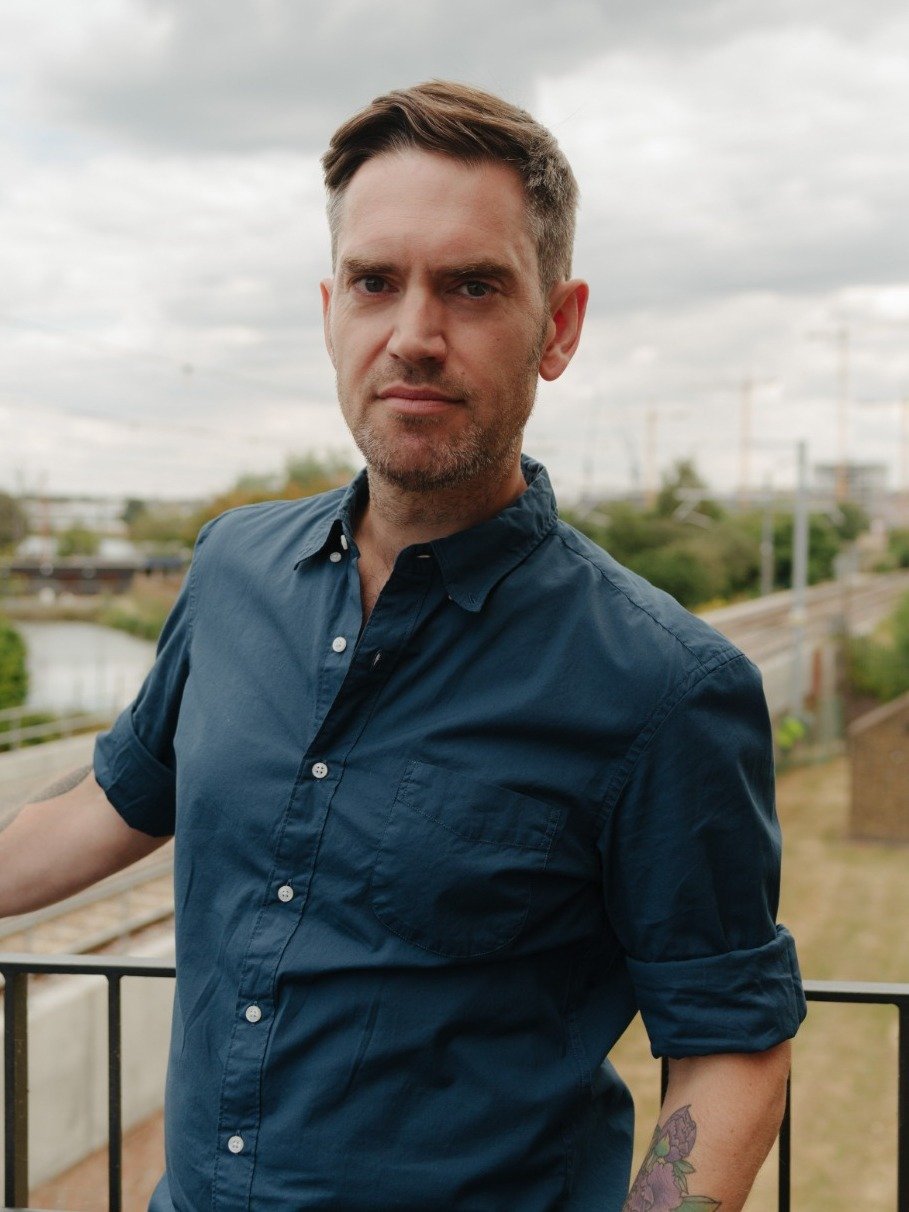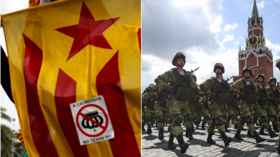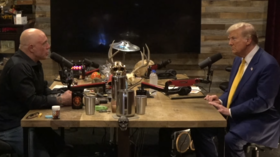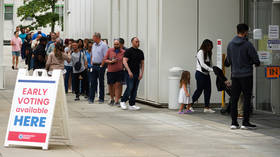America, if your prisoners can’t vote, you can’t lecture the world on democracy
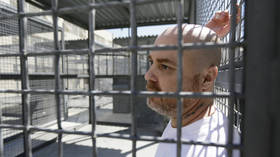
The US likes to tell other countries how to run their elections and yet it prevents over 5 million of its own citizens from voting: prisoners and ex-offenders. That’s a crime against democracy and First Degree Hypocrisy.
The US-of-A loves to talk about democracy. It’s the home of democracy, it says, despite Greece’s fairly solid claim. Its two dominant political parties have names that literally mean to believe in a nation ruled by the people’s elected representatives. It also likes to tell the rest of the world that it should be democratic, too, occasionally sending troops into foreign sovereign states to hammer home the point. Team America: World Police at your service.
The thing is, the US isn’t all that democratic. Its current president was elected after getting nearly three million fewer votes than his opponent, after all. And this year’s poll is already beset with fears over fraud and incompetence. But what really makes it undemocratic is the fact that it deliberately prevents over five million perfectly sane adults from voting: the residents and former residents of its many, many jails, prisons and detention centres.
Only two small US states, Maine and Vermont, plus Washington, DC, allow their incarcerated citizens to vote, meaning nearly all of the country’s 2.3 million prison population (by far the largest in the world) is denied the most basic democratic right. Many states extend this to people on parole and even ex-felons who have served their sentence, taking the total of bona fide US citizens barred from voting in this year’s presidential election, based purely on having committed a crime, to an estimated 5.2 million.
So frustrated by this were prisoners at California’s notorious San Quentin jail, that they held a mock election this month. Joe Biden won, but that’s not the issue. The issue is that they felt the need to exercise a vote, even an impotent one; it's that they were writing things on their ballot papers such as, “I want to be heard,” and “I’d like to feel like a citizen; feel like I am important too.”
Damn right, they do.
I know what some people will be thinking: “Must punish bad man. Bad man must have no rights.” Or words to that effect. But the thing is, they are being punished and are having their rights removed. It’s called being in prison, possibly locked in a tiny cell for 23 hours a day with a man who’s tattooed ‘CANNIBAL4EVA’ on his forehead.
But, whatever crimes they’ve committed, they are citizens like the rest of us and stopping them from voting is a heinous crime against democracy.
These people have been jailed because they broke laws. Laws and the jail sentences that go with them are arbitrary and created by governments. This means they are political. (If you think law and politics don’t mix, take a look at the US Supreme Court.)
Laws and sentences, therefore, change with each government and that government is theoretically elected to represent the people’s views. This means that, if people think that a law is wrong, they can vote someone in who agrees with them. But many of those people will be locked up for breaking that law and if they can’t vote, the chances of that law being changed – even if it’s the will of the majority of people – are reduced.
To use a very silly example, imagine making ginger hair illegal, putting the gingers in prison, and then taking away their right to vote for politicians who are anti-gingerphobia. To use a less silly example, imagine people being jailed for their political beliefs and not having the right to vote for a change in the government they oppose. What dire consequences could that possibly bring?
Once you start selecting who can or can’t vote, you’re wading into murky waters. Where do you draw the line? Do you start looking at people with abhorrent but non-jailable characteristics? I’d rather have a crackhead car thief vote for my government than a racist or homophobe. And I have severe reservations about any choices made by someone who doesn’t like dogs.
American ex-pats get the vote, even if they haven’t lived or paid taxes in the US for years (mind you, paying taxes doesn’t seem to be requisite for being the actual president). Should they have more of a say than the taxpayer whose six-week sentence just happens to coincide with an election? Or who served their sentence three presidents ago?
Perhaps we should go a step further and incentivise voting rights. Maybe disenfranchise people with bad eating habits until they get healthy and place less of a burden on society? Or give two votes to anyone who drives an electric car?
The US isn’t unique in banning prisoners and ex-cons from voting. Variations on the theme occur in lots of countries – in fact, it used to be a lot more popular. Some ban those with sentences of a certain length, some give prisoners the right to vote but not the means (i.e. not allowing postal votes or ballots in jails) and others, such as China and Portugal, use disenfranchisement as part of an individual’s sentence. It’s a mixed bag, but not one of them is a true democracy.
However, none of them bleats on quite as much as the US about how democratic it is or tries as hard to police other countries’ electoral processes (though American politicians do get sore if they think someone is interfering with theirs). Which means that the US isn’t just guilty of a crime against the very essence of democracy – universal suffrage – but of hypocrisy in the first degree.
Think your friends would be interested? Share this story!
The statements, views and opinions expressed in this column are solely those of the author and do not necessarily represent those of RT.
